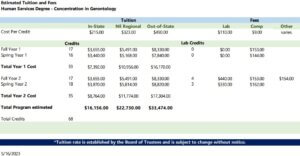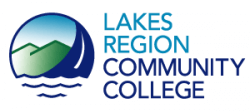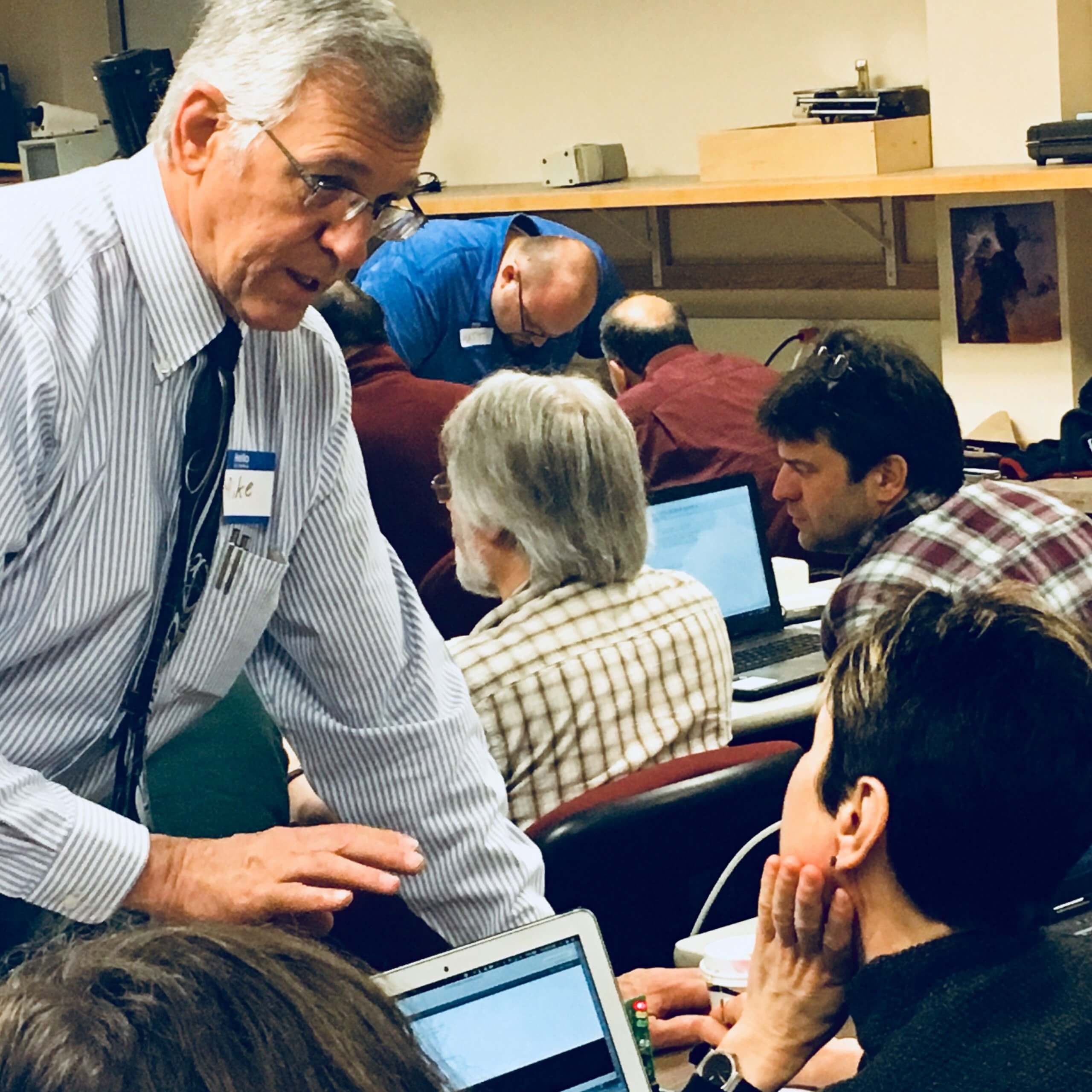Program Overview
In the Human Services Program, students develop skills in the areas of supportive counseling, written and oral communication, assessment, planning, asset identification, and community organization. The Program provides a sound theoretical framework used to understand and assist people with differences including the sociology of deviance, disability, and service systems, while recognizing that methods for understanding and helping others are constantly evolving. Opportunities to apply the skills and knowledge acquired in the classroom to real work situations is provided in Practicum courses that require students to work in community settings under the supervision of professionals in the field.
The Human Services Program prepares students to enter occupations in public and private human services agencies; acquire skills and knowledge related to the student’s current human services employment; and pursue further studies leading to advanced academic degrees and special certifications.
A Certificate in Human Services provides students with knowledge, skills, and attitudes required for humane and effective work in entry- level positions. The Associate Degree in Human Services, however, prepares students for more advanced positions requiring greater autonomy and a broader range of knowledge and skills. Many students completing the Human Services Program continue their education and obtain bachelor and master level degrees in Human Services and allied professions. Students wishing to specialize in Gerontology can elect to enroll in the Human Services degree with a concentration in Gerontology.
Scholarships may be available for students who are currently working in the Human Services profession. Please contact the Program Coordinator to learn more.”
- Human service students must demonstrate capacities for systematic analysis, skilled communication, imaginative problem-solving, empathic insight, and a strong sense of accountability to the persons on whose behalf they work.
- The student is expected to have the emotional stability required to exercise sound judgment, and accept direction and guidance from a supervisor or faculty coordinator; and establish rapport and maintain sensitive interpersonal relationships with employees, customers, and/or clients and their families.
- Human Services students work closely in the field with individuals of all ages. Many practicum sites and potential employers perform background checks through the New Hampshire Department of Safety as well as through the Police and possibly the FBI. A student’s driving record will be examined and considered prior to acceptance by some practicum sites and potential employers. The student will pay for such background checks in many circumstances.
- Applicants, who have been in difficulty with the law, depending upon the nature of the problem, may not be employable or even eligible for practical. Applicants need to discuss these issues in an interview with the Program Coordinator prior to admission to the program so that future goals are not compromised.
Associate Degree


